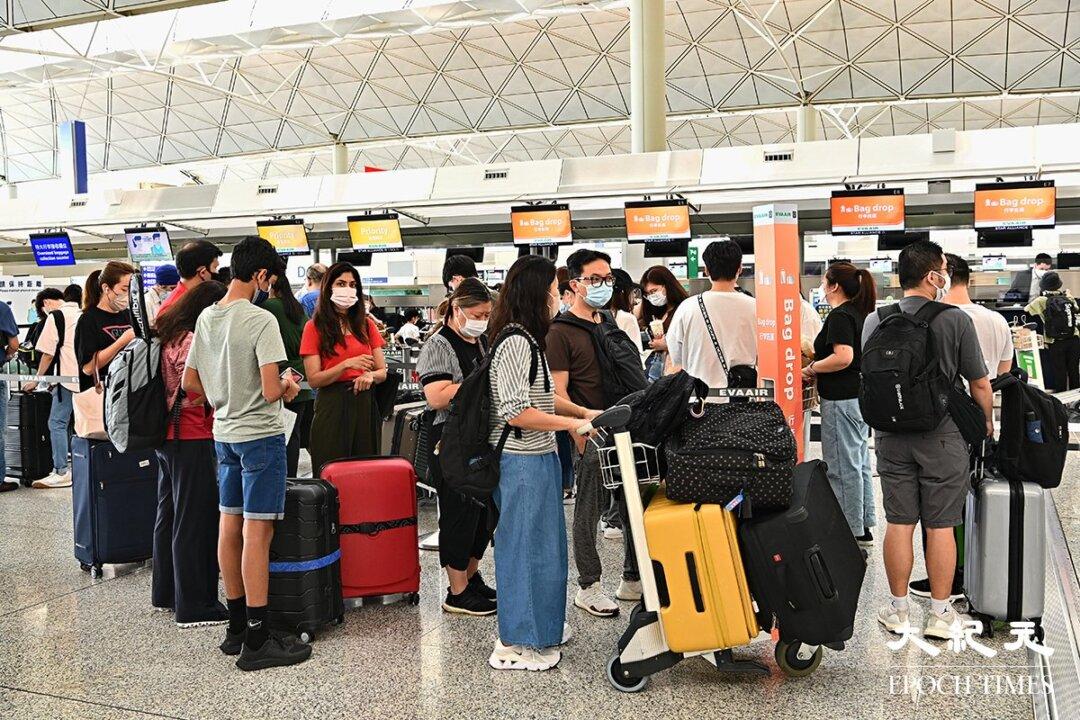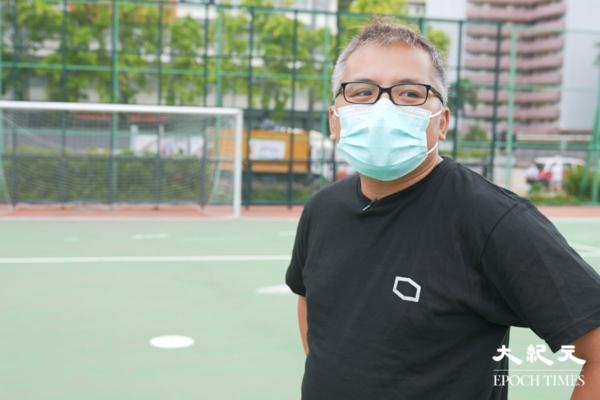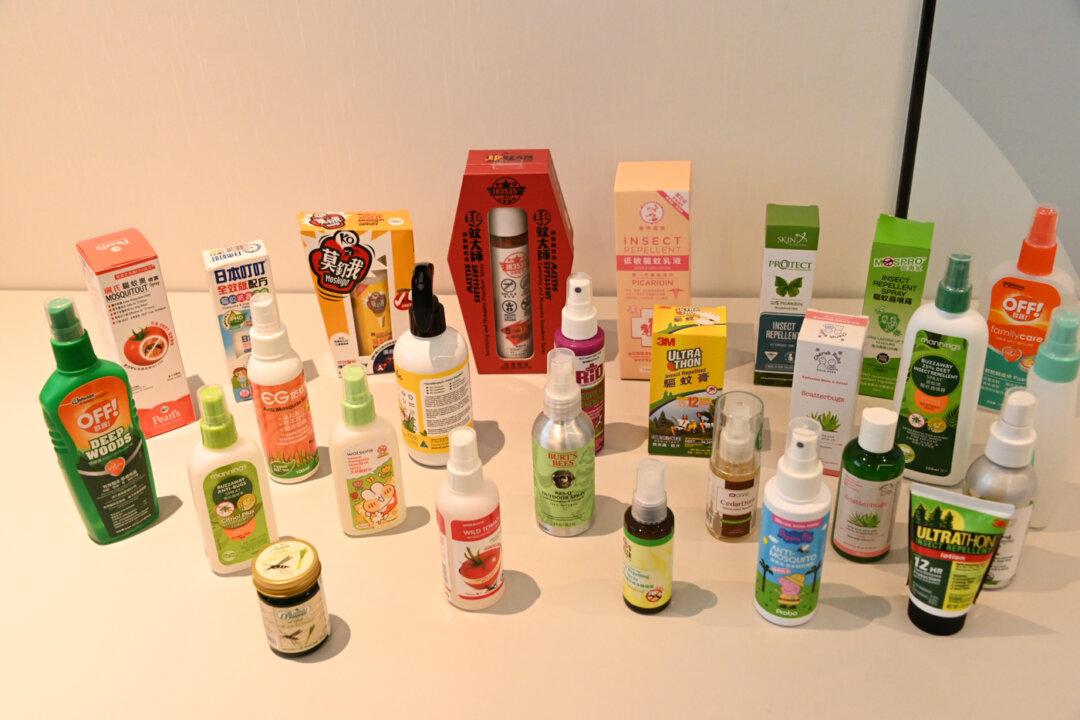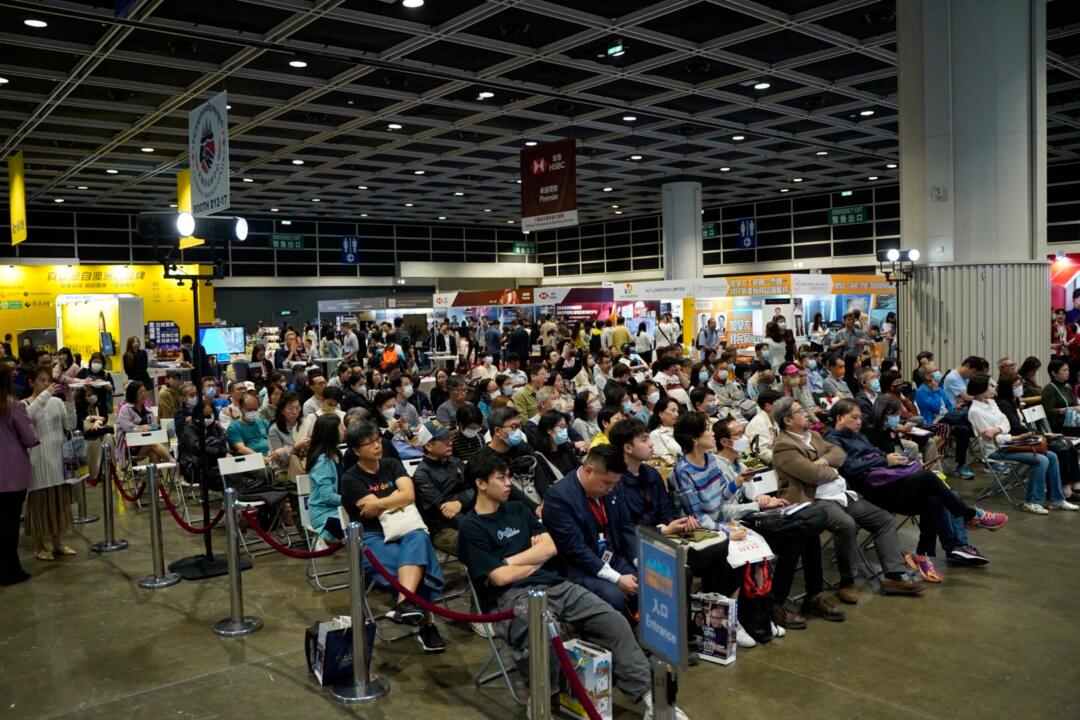A recent emigration wave in Hong Kong has been ongoing for more than a year. Hong Kong’s Census and Statistics Department reported Aug. 11 that more than 113,000 residents left the city between mid-2021 and mid-2022.
Experts say that no measures have been taken by Hong Kong’s new chief executive, John Lee, to address the ongoing mass outflow of the city’s talents and funds. Lee assumed office July 1.




